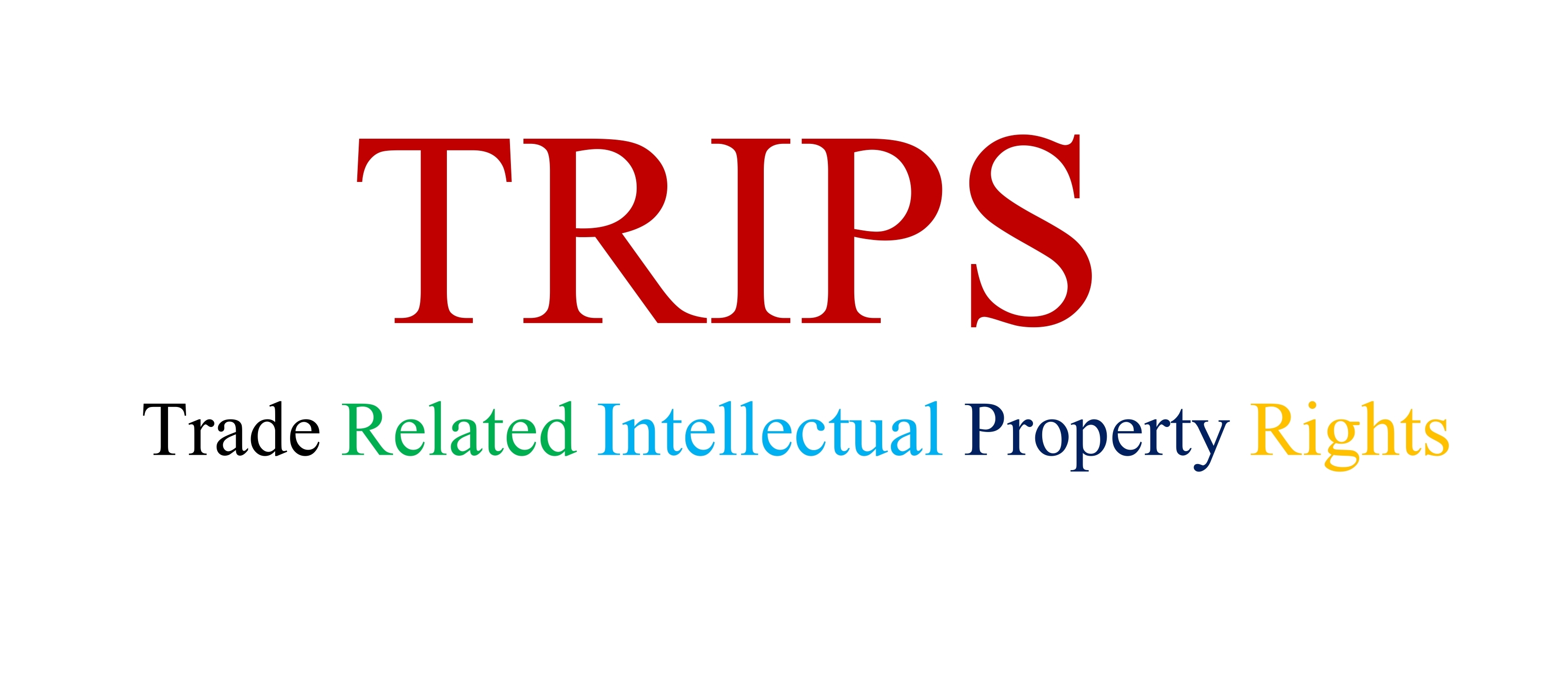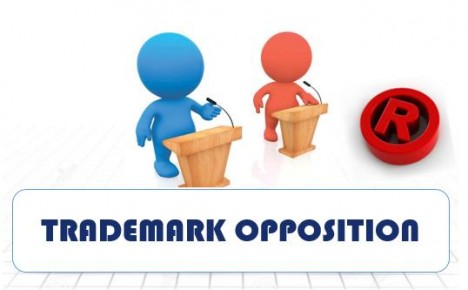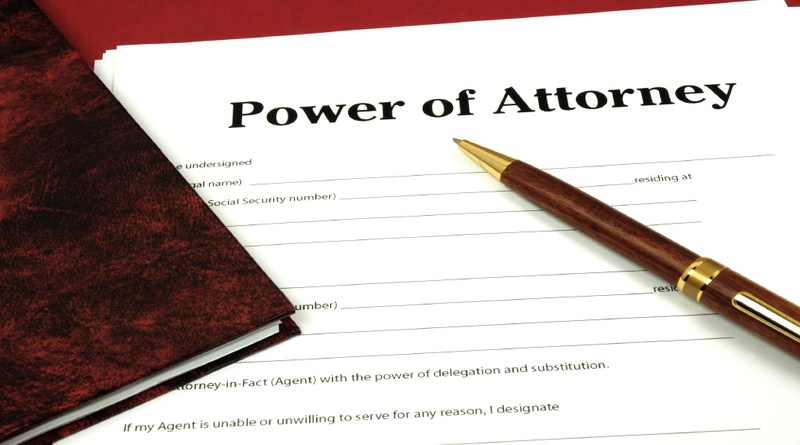Opposition to trademark – Trademark Registration in Cochin
Opposition to registration: –trademark registration

The registrar may serve a copy of the notice on the applicant for registration and within the time period of 2 months from the receipt by the applicant of such copy of the notice of opposition, the applicant would have sent to the registrar in the prescribed manner, a counter-statement of the grounds on which it relies on the application and if he does not do so, he may deem to have abandoned this application.
If an applicant sends such a kind of counter-statement, the registrar may serve a copy thereof on the person giving notice of opposition.
Any evidence where the applicant and the opponent would have submitted in a prescribed manner and within the prescribed time period to the registrar and he may give an opportunity to them to be heard if they desire.
The registrar after hearing the parties, if so required and considering the evidence, have to decide whether and subject to what conditions or limitations, if any, registration needs to be permitted and may take into account a ground of objection whether relied upon by the opponent or not.
The person gives a notice of opposition or an applicant sending a counter-statement after the receipt of a copy of such notice neither resides nor carries on a business in India, the registrar may require him to give security for the cost of proceedings before him and in default of such security being duly given would have treat the opposition or application as the case may be prescribed.
The registrar, may on request, permit correction of any error in, or any amendment of, a notice of opposition or a counter-statement on such terms as he thinks just.
Trademarks act, 1999:
Note on clauses:
This clause deals with the procedure for opposition to registration of a trademark. This is the substantial reproduction of the provisions contained in sections 21 to 22(b) of the trade and merchandise marks act, 1958. Sub-clause (6) provides for payment of security for costs in the case of persons who do not reside or carry on business in India.
By trademarks (amendment) act, 2010 (40 of 2010), sub-section(1) of section 21 has been amended as follows:
Comments: This section, which is a substantial reproduction of the provisions contained in section 21 and 22(b) of the repealed trade and merchandise marks act, 1958, deals with the procedure for opposition to the registration of a trademark.
Sub-section (6) provides for payment of security for costs in the case of persons who do not reside or carry on business in India.
TRIPS agreement:

India is a member signatory to the TRIPS agreement. Under art, 15(5), members shall publish each trademark either before it is registered or promptly after it is registered and shall afford a reasonable opportunity for a petition to cancel the registration. In addition, members may afford an opportunity for registration of a trademark to be opposed. The Paris convention, of which India is a member requires the publication of “the reproductions of the registered mark” vide art, 12(2)(b). The Paris convention is silent in regard to the procedure for the opposition.
Who may oppose?

The statue allows any person to oppose an application for registration, whether he has or he has not a personal interest in the matter. The law in this respect is to be distinguished from proceedings in respect of rectification of register and cancellation or variation of registration, where an application can be filed in the prescribed manner only by “any person aggrieved”. No such requirement exists in the case of opposition.
The term “any person” in section 21 came to be interpreted in P.N.Mayor registrar of trademarks and it was held that any person need not be only a prior registered trademark owner. Even a customer, a purchaser or a member of the public likely to use the goods may object to the registration of a trademark in respect of such goods on the ground of possible deception or confusion. Deception or confusion is a matter of public interest which is an important concern of the trademark law. The question of bona fides of an opponent does not generally arise, even though the opposition may be based on business rivalry or for other extraneous reasons.
Where the opponent is a firm of unregistered partnership, it would appear that section 69 of the partnership act could be looked into at the threshold. In Bestochem formulations v. Dinesh ayurvedic agencies, where the plaintiff admitted that the firm was not a registered firm on the date of filing of the suit, but obtained registration subsequent to the filing of the suit, the suit was dismissed by the Delhi high court as being hit by section 69 of the partnership act.
The procedure for the opposition is prescribed as part of the laws of several countries, more to protect the interest of the public. The proceedings for opposition, being in the nature of an important adjunct to the examination procedure before registration of a mark, the registrar looks only at the merits of the opposition rather than the motive of the opponent.
Power of attorney:

Under section 145, any act which is required to be done before the Registrar by any person may be done by a legal practitioner, a registered trademarks agent or by his employee, when such person is duly authorized in the prescribed manner. Rule 19(1) prescribes the form TM-M for the purpose.
Where a notice of opposition is filed by a legal practitioner on behalf of his client, without a power of attorney, it is necessary to file it subsequently at the earliest. Inaccurate engineers v. Alps engineering co, failure to do so even when necessary communication was issued by the registry, the opposition was treated as void abinitio and a review petition was also dismissed.
A period within which opposition to be filed under the earlier law:

For filing notice of opposition, the earlier provision in section 21(1) stipulated a period of three months from the date of advertisement of re-advertisement of an application for registration or within a constraint period, it should not exceed one month in the aggregate, on application made to him in the prescribed manner and on payment of the prescribed fee, allows. The three months period was computed from the date of the journal in which the trademark was published. The period was counted from the date of despatch of the journal containing the advertisement to the subscribers and not the date printed in the journal.
With the development of internet facilities, the registrar also published the journal on the official website. Such electronic publication is treated as the advertisement of the application for registration of a trademark under the sub-section (1) of section 20. The rule makes it clear that the date of publication is the date as indicated in the appropriate journal number. The journal is no longer published in paper form. When the publication is in electronic form and on the official website, the determination of the date of publication becomes easier, as compared to the days, when the paper publication was dispatched by post. Rule 47(1) of the old rules of 2002, also related the commencement of the period for filing a notice of opposition to the date on which the journal was made to the public. Another cumbersome procedure under the earlier law was that it provided for the possibility to make an application for an extension of the period of 3 months for filing a notice of opposition under section 21(1). For this purpose, a request was required to be made on Form TM 44 accompanied by the prescribed fee, before the expiry of the period of 3 months, as prescribed in the rule. Such period of an extension was not to exceed one month in the aggregate.
The question under what circumstances, the period for filing opposition was extendable, led to conflicting views in the registry itself. Section 131, which empowers the Registrar to grant an extension of time, limits the power for extending the time for doing any act- not being a time expressly provided in the act. Since the period prescribed in section 21 for filing notice of opposition was 3 months, which was extendable by one month on a request made to that effect, it was obvious that there was no room for extending the overall period of 4 months. The discretion is given to the registrar, however, led to conflicting decisions.
Time limit for filing an opposition (amended law):
By trademarks (Amendment) Act, 2010, sub-section (1) of section 21 has been amended as follows:
Any person may, within 4 months from the date of advertisement or re-advertisement of an application for registration, give notice in writing in the prescribed manner and on payment of such fee as may be prescribed, to the registrar, of opposition to the registration.
The effect of the amendment is-
- The time limit under the act for filing notice of opposition is now uniformly fixed at 4 months.
- The discretion of registrar to grant an extension of time of 1 month, as was possible under old law, has been removed.
- The newly prescribed period of 4 months is not extendable under any circumstances.
When mark not clearly represented in journal advertisement:
In the Creola TM, it was held by Mr.Justice Laddie “Once the advertisement had been placed in the journal the timetable prescribed by the 1994 rules started to run. In particular, a three-month window of opportunity opened to third parties to oppose the application. Whatever the current printing limitations may be within the registry, I accept Mr.Arnold’s submission that when the act and the rules refer to a representation of the mark, they must be taken to mean a representation which clearly depicts the essential features which are sought to be the subject of the rights granted by registration. It seems to me to follow; that neither advertisement contained a proper representation of the mark for which registration is sought. There has not yet been a proper advertisement of this mark and no opposition period has yet started to run. Application for an order of mandamus to the registrar to proceed to register the mark on the basis of the first advertisement refused.
In the case of Asoka dresses v. Bonn’s shirts, the Delhi high court held that if an advertisement gives incomplete or incorrect information in respect of the particulars of the trademark advertised a prospective opponent is deprived of the opportunity of getting full information regarding the trademark and for filing an effective opposition.
Therefore such an advertisement amounts to misrepresentation and is required to be canceled. With the cancellation of the advertisement before accepting the application is necessary to be put to the stage of rule 39 which is the stage prior to the acceptance. This is the stage when upon hearing the parties the registrar will take a decision as to whether then the application has to be advertised in the trademarks journal either as accepted or before acceptance.